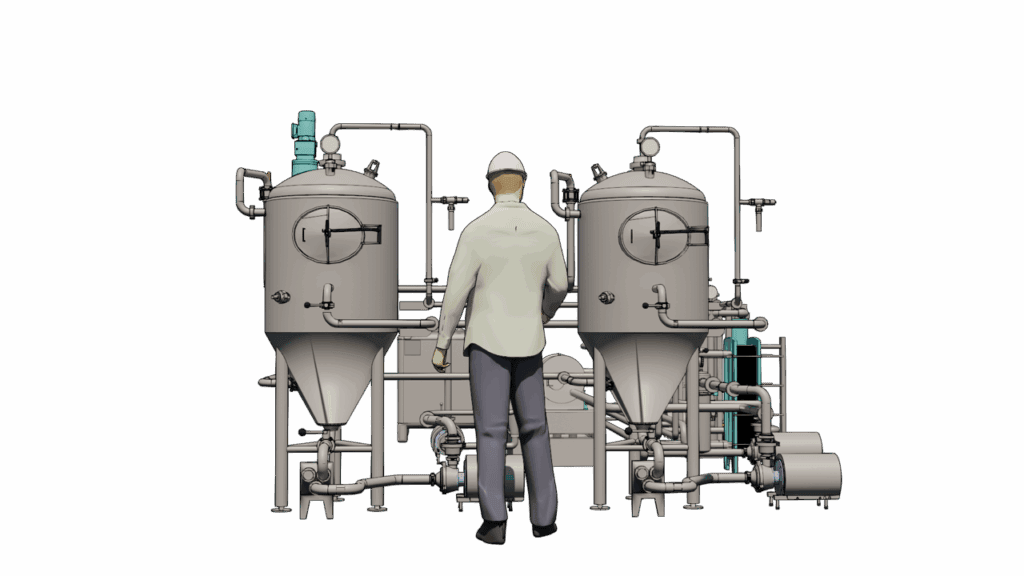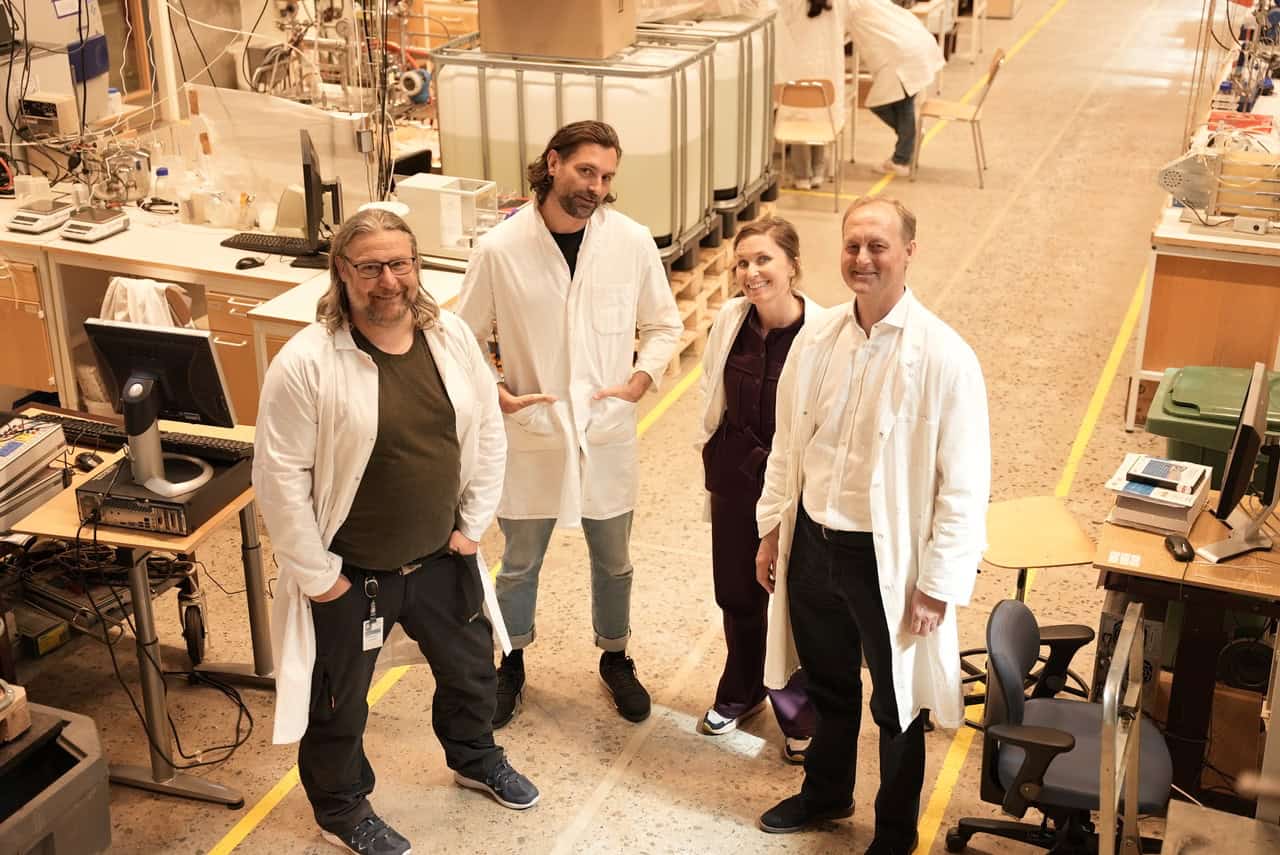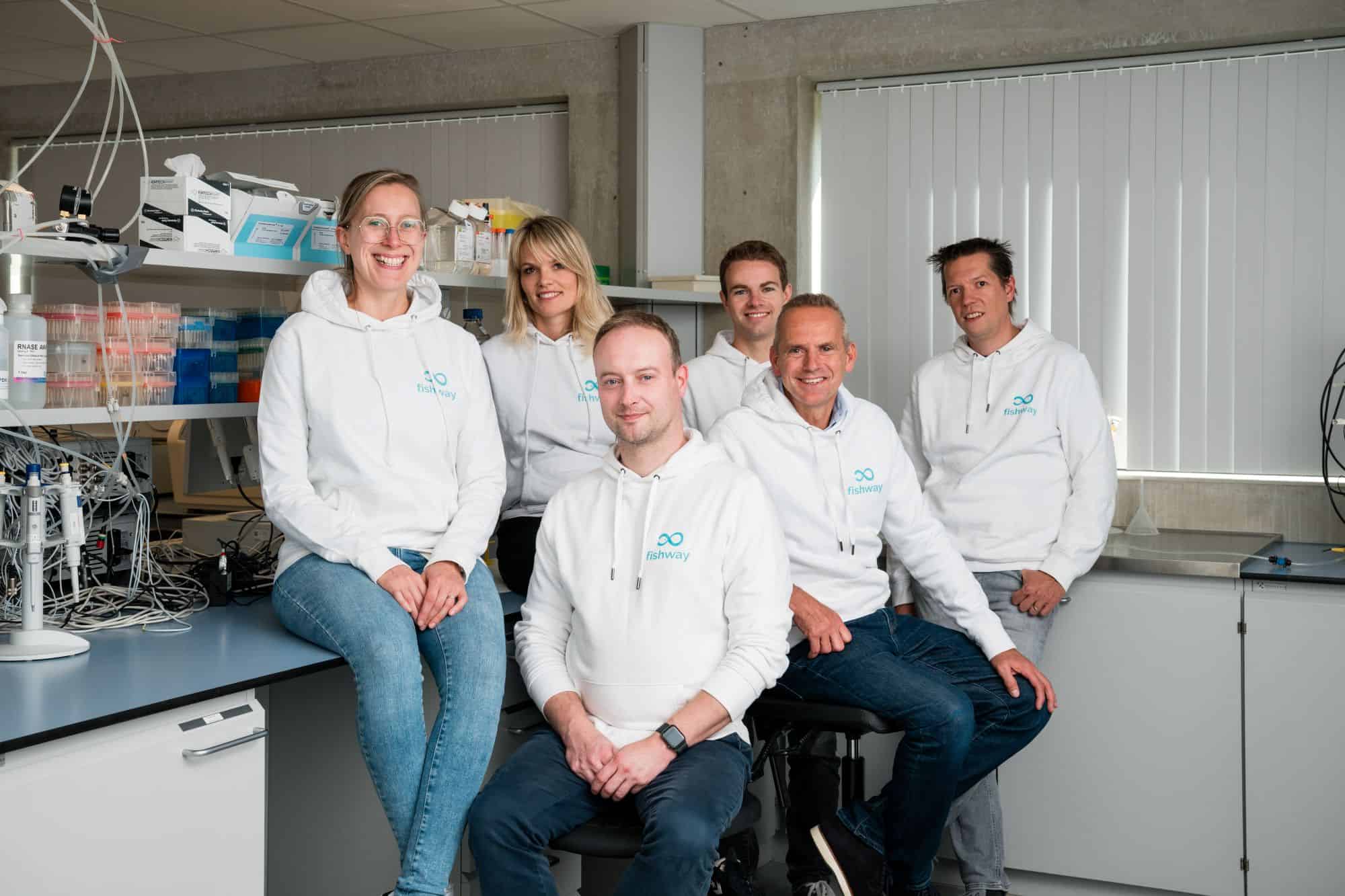Re:meat, a Swedish startup developing cultivated meat technology, has partnered with innovation hub Biotech Heights to establish a pilot facility called the Re:meatery.
Biotech Heights is located at Kemicentrum in Lund, alongside Lund University Prepilot Plant (Sweden’s only university-based prepilot facility for food, biotech, and chemical engineering). The hub aims to use biotechnology to support the transformation of the food and material systems.
Re:meat is Biotech Heights’ first startup member, and claims that its patented technology has the potential to radically lower the cost of hardware for the cultivated meat, precision fermentation, alternative food production, and biotechnology sectors. This could facilitate the scaling of cultivated food and other bioprocesses, providing food-grade equipment at a significantly lower cost than conventional pharma-grade equipment.
“Collaboration is necessary to advance the development of fermentation and apply bioprocess technologies to new industries,” said Emma Nordell, Managing Director at Biotech Heights. “Re:meat will be our first startup to pave the way for collaboration between academia, startups, and industry players within biosolutions.”

“The potential extends beyond cultivated meat”
The news comes after Re:meat secured €1 million in an oversubscribed funding round earlier this year. The startup announced at the time that the funds would support the establishment of its first Re:meatery.
“Inspired by our many years in the brewing industry, combined with our R&D team in cell biology, we have developed a food-grade bioreactor that still meets the high standards and parameters to cultivate sensitive mammalian cells,” said Marten Schmidt, CTO at Re:meat. “This means that our Re:meatery also fits for yeast, and bacteria-based processes such as precision fermentation. So the potential really extends beyond cultivated meat. Biotech Heights is a great partner supporting our common goal of bridging academia and commercialization by providing the perfect combination of available infrastructure and scientific know-how.”
The pilot Re:meatery will be installed at LUPPP (Lund University Prepilot Plant) by the end of the year, and will be validated with partners and clients during the spring of 2026.




